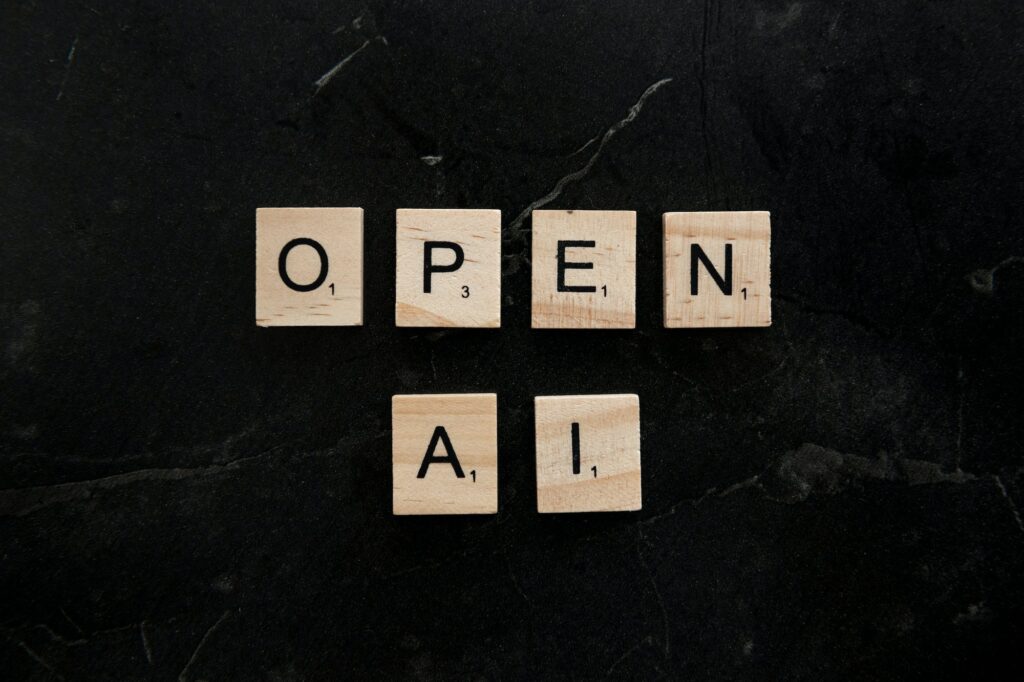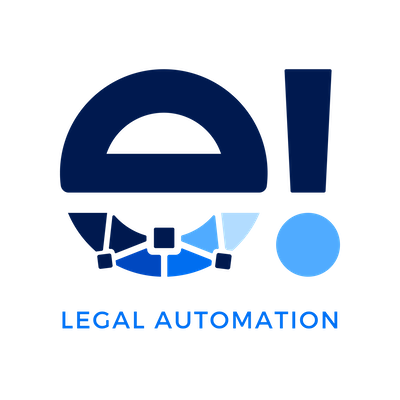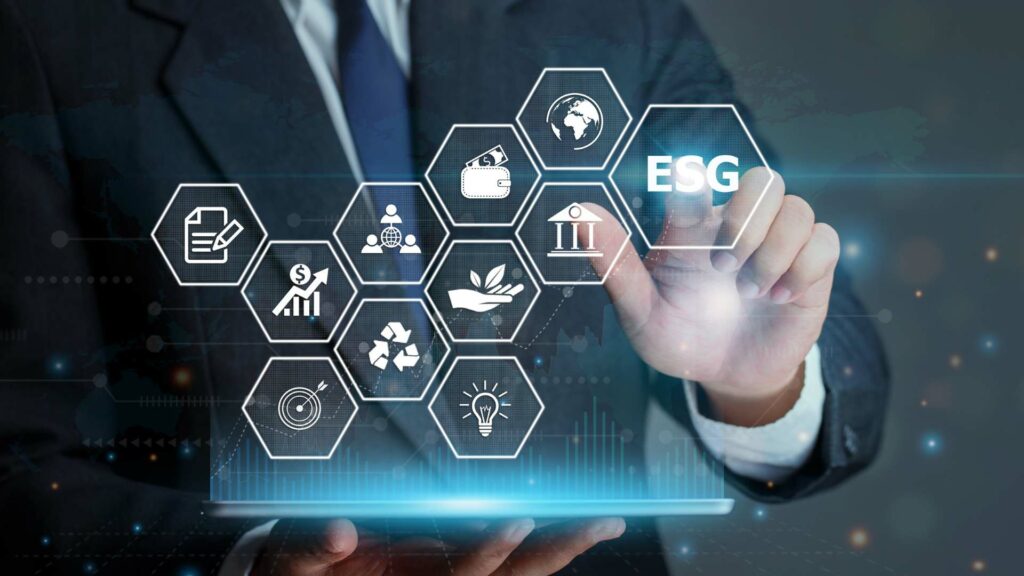The benefits of ChatGPT in the Legal Industry are immense. Technological advancements, including artificial intelligence, are transforming the legal landscape. ChatGPT, an advanced language model developed by OpenAI, is a prime example of this transformation. With its powerful natural language processing capabilities, ChatGPT has the potential to revolutionize the way lawyers practice law. In this article, we will explore the benefits of ChatGPT in law practice, including its potential to improve efficiency and accuracy, reduce costs and save time. However, we will also consider some of the concerns associated with its usages, such as ethical considerations and the potential for job displacement.
1. What is ChatGPT?
ChatGPT is an artificial intelligence language model that uses natural language processing to understand and generate human-like text. The model was trained on vast amounts of text from the internet and has the ability to generate coherent and grammatical text in response to a given prompt.

In law practice, Chat GPT can be fine-tuned to perform a wide range of tasks, including legal research, document drafting, and even providing legal advice. Its natural language processing capabilities enable lawyers to streamline their workflow, saving valuable time and reducing costs. With Chat GPT, lawyers can quickly find relevant case law and other legal materials, ensure the accuracy of legal documents, and even automate routine tasks such as document drafting and research.
In short, Chat GPT is an incredibly versatile tool that can assist lawyers with a range of legal tasks, improving the efficiency and accuracy of their work. By freeing up lawyers to focus on more strategic work, such as client interactions and case strategy, Chat GPT can significantly improve the delivery of legal services.
2. Benefits of using ChatGPT in Law Practice
Efficiency: ChatGPT can assist lawyers in conducting legal research, which can be a time-consuming and tedious process. With ChatGPT, lawyers can quickly find relevant case law and other legal materials, saving them valuable time. Especially with the new capabilities of ChatGPT to conduct web searches.
Accuracy: ChatGPT can help ensure the accuracy of legal documents and briefs. The model can analyze large amounts of data and generate precise language, reducing the risk of errors.
Cost-effective: ChatGPT can help reduce legal costs by streamlining the research and drafting process. By automating these tasks, lawyers can spend more time on high-value work that requires their expertise.

Time-saving: ChatGPT can help lawyers be more productive by automating routine tasks, such as document drafting and research. This allows lawyers to focus on more strategic work, such as client interactions and case strategy.
However, it is important to note that ChatGPT’s usage is not without concerns. It needs to be said that the model’s output may not always be accurate or ethical. As ChatGPT is only as good as the data it is trained on, there is a risk of bias if the model is trained on data that is not diverse, representative or wrong.
Not to mention all the problems arise with GDPR, privacy or IP law issues.
3. Implementing ChatGPT in Law Practice
Implementing ChatGPT in law practice can be done in the following steps:
Identify use cases: Lawyers should identify areas where ChatGPT can be most useful, such as legal research or drafting documents. With respect to the above mentioned GDPR and privacy law issues, the first use cases should not include client data, but rather publicly available information.
Choose a vendor: There are several vendors that offer ChatGPT solutions, and lawyers should choose a vendor that meets their specific needs.
Integrate with existing systems: ChatGPT should be integrated with existing legal software systems, such as document management systems and practice management software.
Customize for specific needs: Lawyers should customize ChatGPT for their specific needs, such as training the model on specific legal materials and terminology.
Conclusion
Including the potential risks associated with its usage, ChatGPT can offer significant benefits to the legal industry. Its natural language processing capabilities can help lawyers streamline their workflow, increase efficiency, and reduce costs, improving the delivery of legal services. By identifying appropriate use cases and customizing the model to meet specific needs, lawyers can effectively implement ChatGPT. However, it is crucial to be mindful of potential risks such as bias in the training data, which can impact the accuracy of legal work or the issues about GDPR, privacy or IP laws. Choosing the right vendor and integrating the model with existing systems can also contribute to a successful implementation. Overall, ChatGPT can be a game-changer for lawyers and clients alike, offering a range of benefits that can significantly improve the efficiency and accuracy of legal work.






